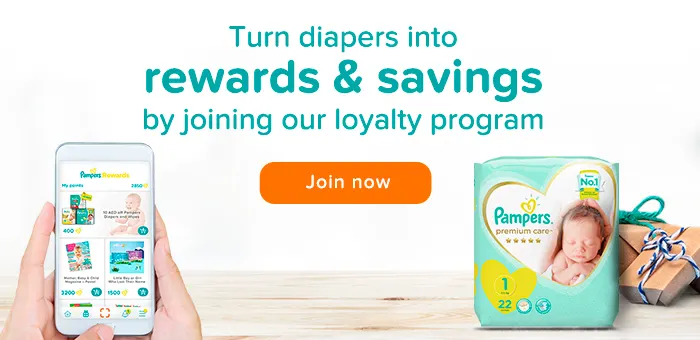Baby development 3 to 9 months: growth phases
Watching your baby go from one developmental milestone to another is thrilling. It's amazing how quickly she's growing and changing – be sure to enjoy these moments with your baby.
4 months
Your baby is growing rapidly and changes will come thick and fast – physical, emotional and cognitive. Your baby is now interacting more with the world, learning from it and you, her favourite playmate.
By four months, your baby probably:
Holds up her head on her forearms or even her hands. Holds her head steady while being held in a seated position, all the better to have a talk with you.
Can spot you across the room and follow you with her eyes as you move around.
Knows how to get your attention by crying, dropping something or even emitting a fake 'cough'.
Bats at objects and sometimes manages to reach and grab things. If she grabs something, she'll shake it or stick it in her mouth. If she lets go, it's an accident that surprises her.
Finds her own hands very interesting. She'll swipe at them, touch them and just look at them.
Dribbles a great deal, making her toys and you very wet, but her teeth probably aren't coming through yet.
Recognises your voice and will calm down for at least a little while if you call to her from another room. She's learning to anticipate and wait.
Can fall asleep on her own if you start a sleeping ritual and give her a small toy or blanket to comfort her.
6 months
By six months a baby is sitting up or is getting ready to sit up and her back is straightening out. This is a new perspective for her, and she enjoys it!
At six months, your baby probably:
Laughs out loud, smiles and squeals.
Will 'tease' you by dropping and throwing things and making noise to get your reaction. She's also experimenting with ideas of space and disappearance.
May pull to stand up on furniture or in her cot.
Can pass things from one hand to the other.
Puts almost everything into her mouth.
Babbles to you as if in conversation.
Has a first tooth, or several teeth.
Turns towards sound.
Can comfort herself with a thumb, dummy or a rolling activity.
Rolls over both ways.
Begins to be wary of strangers as she's getting cleverer at working out who's familiar and who's new in her world.
Just when you think you have it all under control your baby will decide to challenge you again – by starting to move! You'll have to begin thinking about safety in these terms. As your baby begins eating her first solid foods, you'll need to be aware of choking hazards as well.
9 months
Your baby is on the move: exploring, investigating and experimenting. She loves hiding things and playing peek-a-boo because now she's able to remember things that aren't in front of her. You'll need to be on duty constantly –to reassure her of your love and as importantly to keep her safe. This is the age when many parents realise how strong their baby's personality really is and how much she wants to be a part of and into everything.
At nine months, your baby probably:
Sits pretty well without support and can twist and turn from a stable sitting position.
Can play with toys while sitting.
Can move forward in some way, whether creeping, crawling or shuffling. Some babies never crawl but still manage to move around somehow.
Pulls herself up to stand, and sometimes gets stuck. (Soon she'll learn to plop down again.)
Has a pincer grasp – the index finger and thumb work together to pick up small objects – and uses it. (You can be sure she will find every little thing that has fallen into the carpet or rolled under a table.)
Uses her index finger to poke at things, such as switches, buttons and electrical sockets.
Wants you in view at all times. She'll go back and forth to check in as she plays. She'll probably get very anxious when you're out of sight. Your baby may greet strangers and even people she knows with wary looks, if not blood-curdling screams. Keep in mind that she's not being rude. She's just very aware of the difference between her family and close caregivers and those who are less familiar.
Babbles in a good imitation of talking. You'll even start to hear 'mama' and 'dada' once in a while. Your beaming response to these words will let her know that they're special.
Knows her own name, turns when you call her, recognises some words and is very interested in people talking around her.
Has her first teeth, usually the bottom and top incisors.
Wakes up and is difficult again at night. That's because these days she misses people and all the fun she's had during the day.
Is no longer happy just to be held and cuddled. Now she'll want to get involved with everything around her.
Is ready to take control of her feeding. Finger foods and a cup are very interesting at this stage, especially because she has mastered the pincer grasp.
Makes noise and trouble in new ways by throwing, banging, shaking and taking apart her toys. Having mum or dad there to retrieve these items only adds to the fun!

